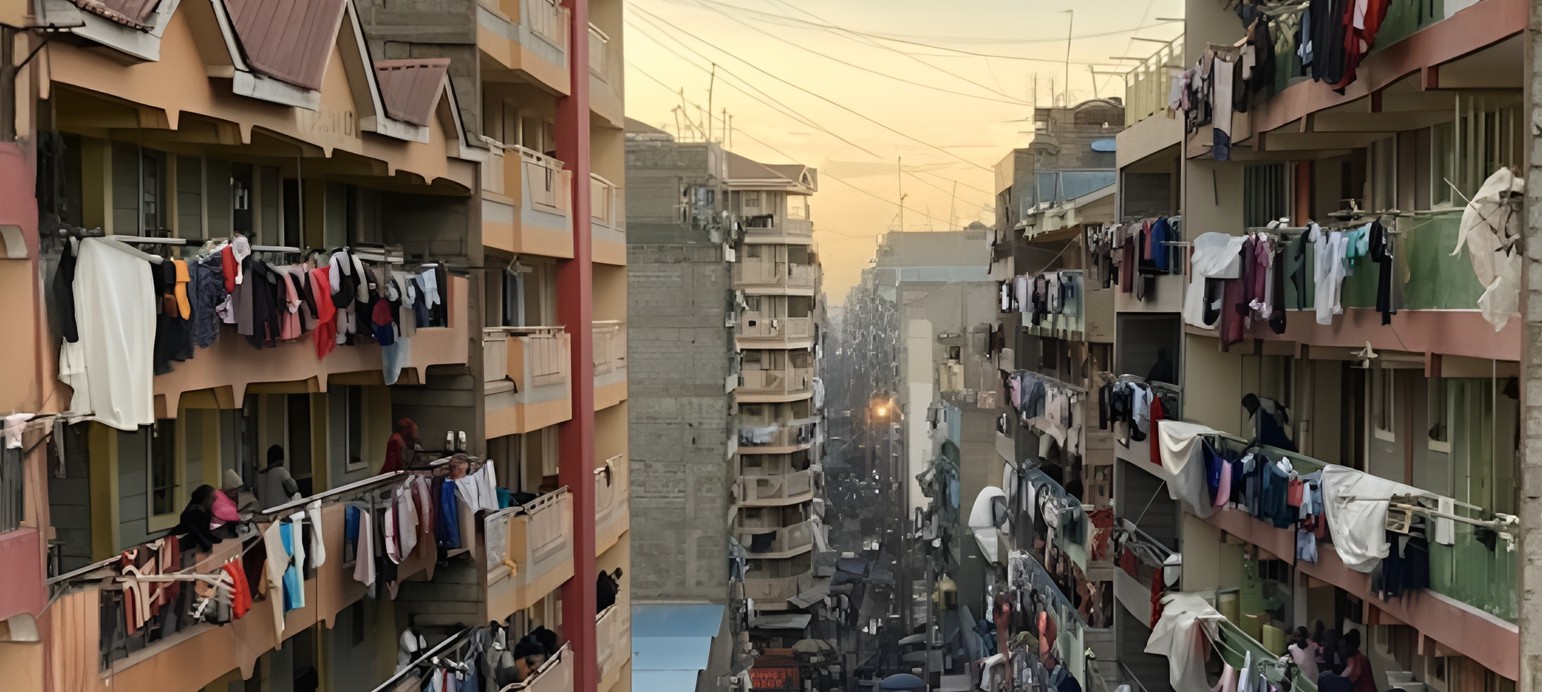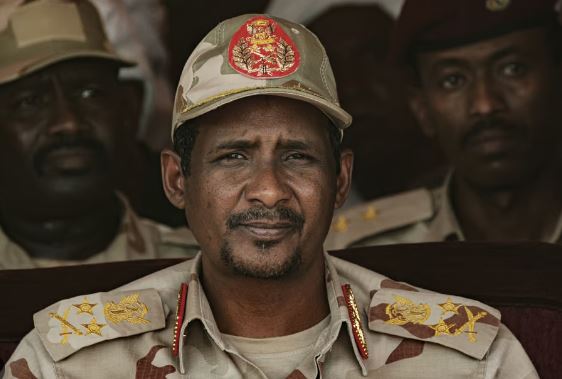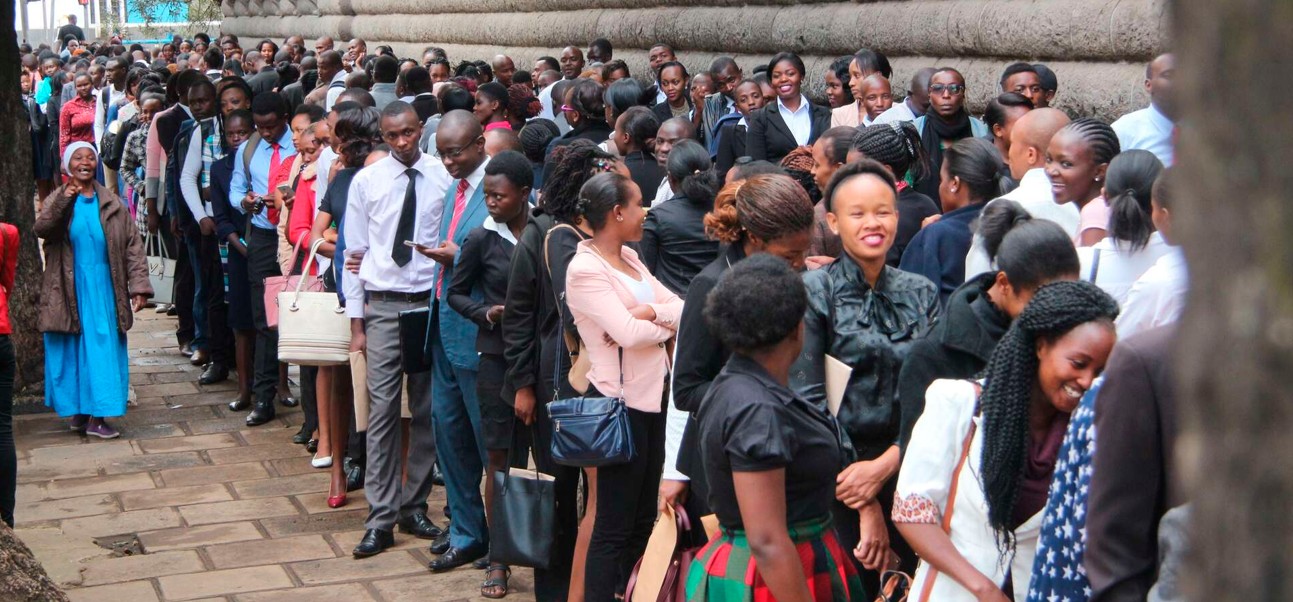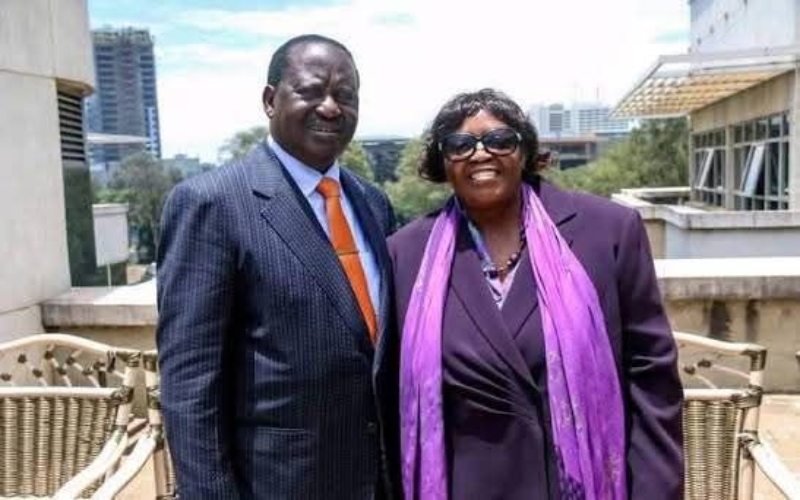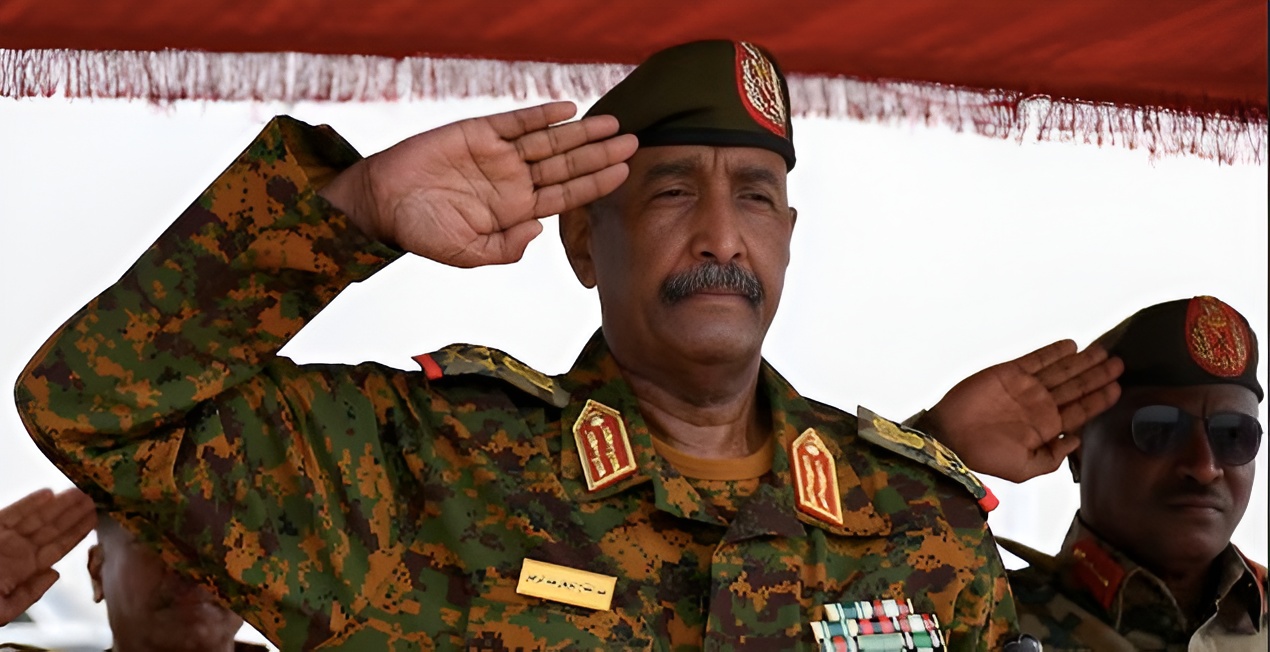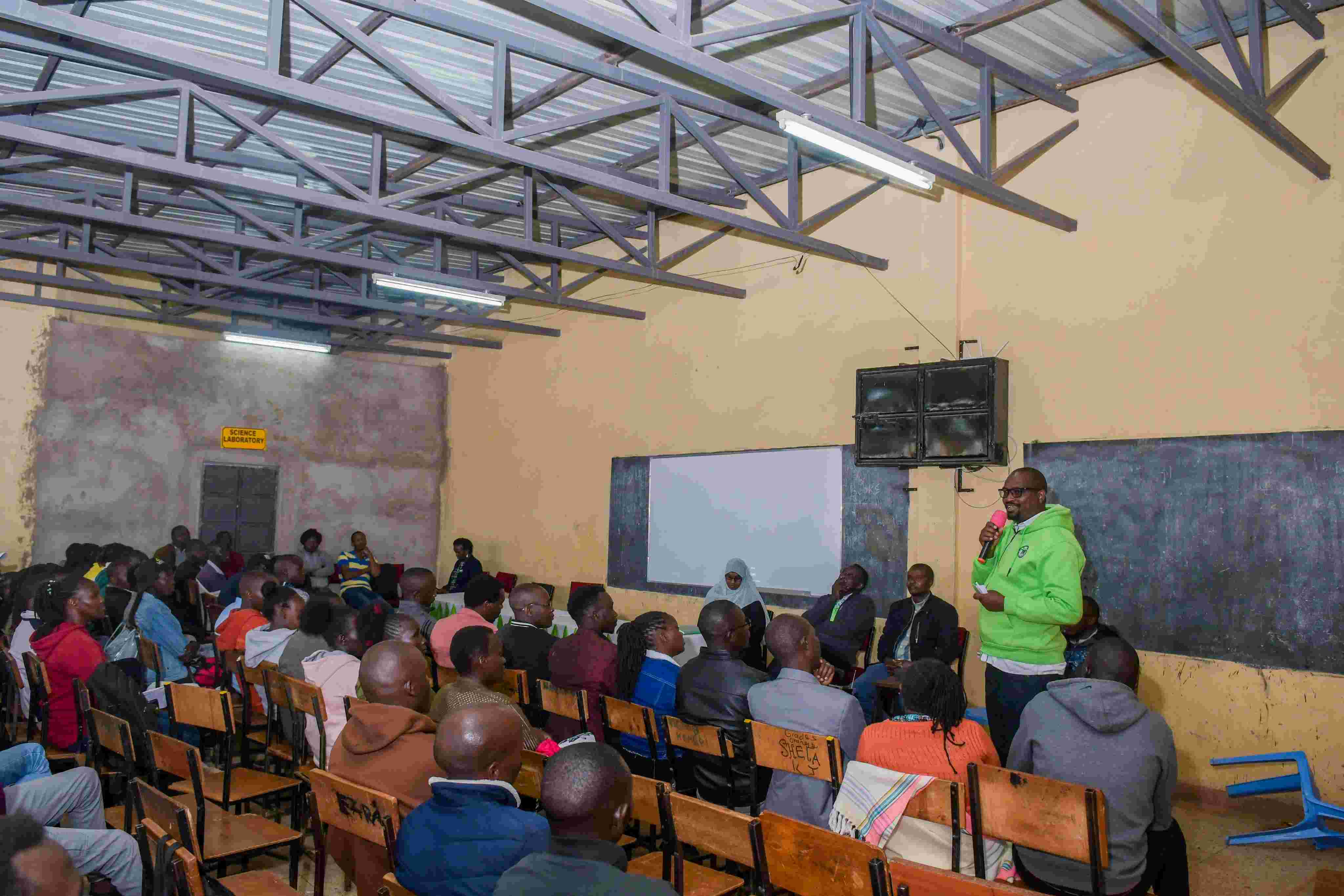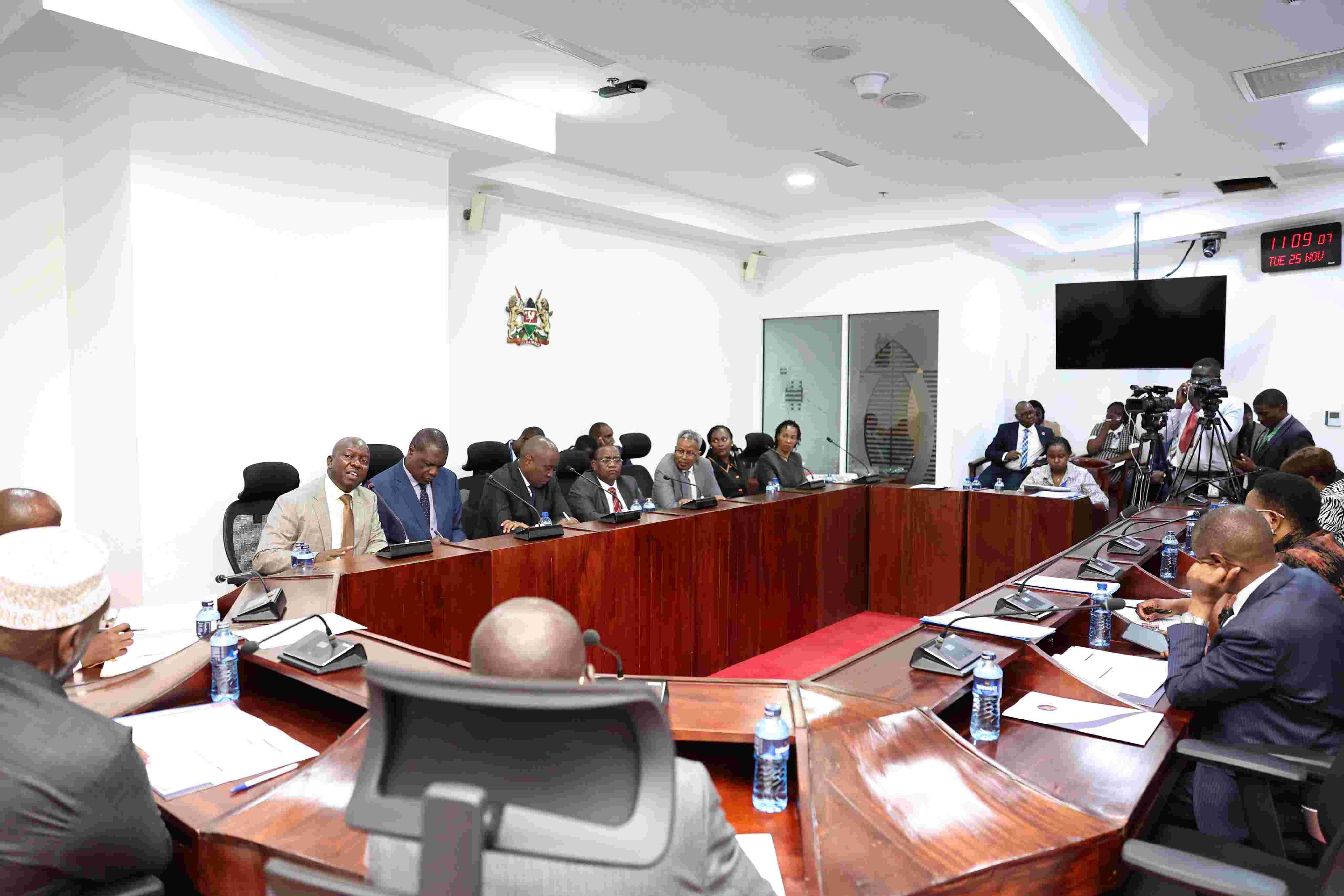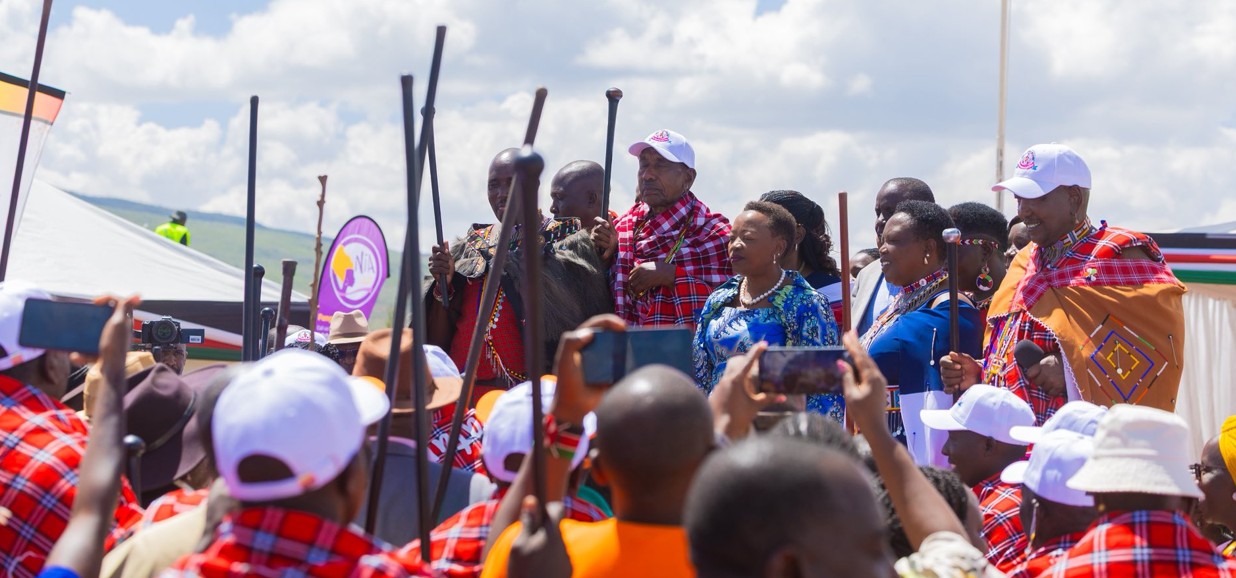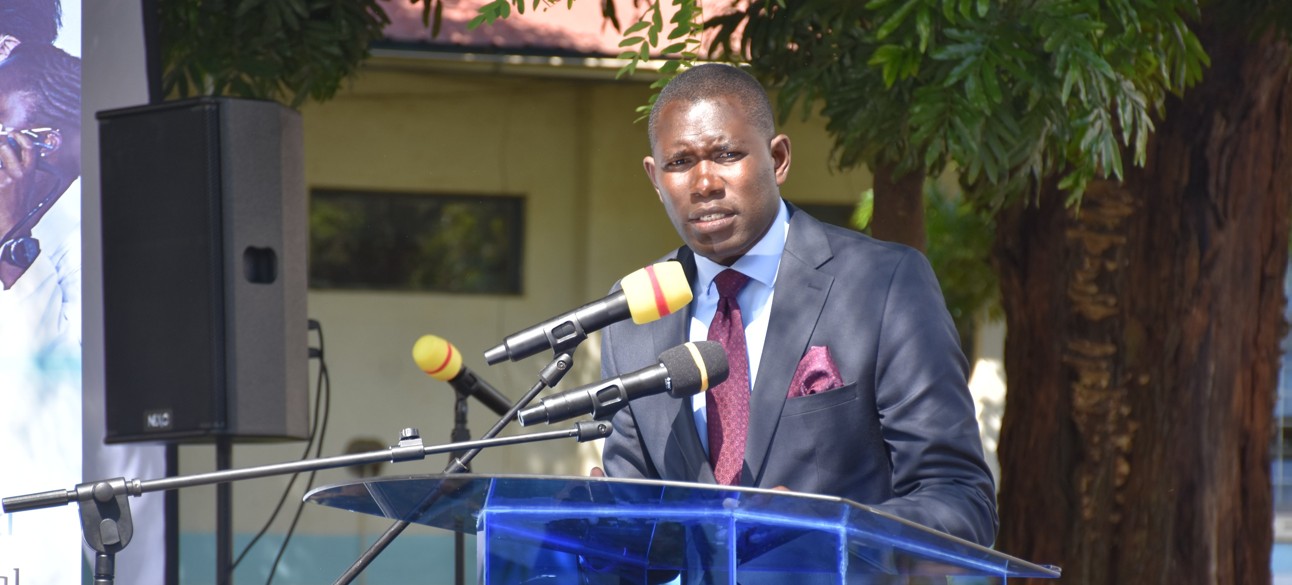Yes, Kenya has friends and here are the details of my US trip- Ruto
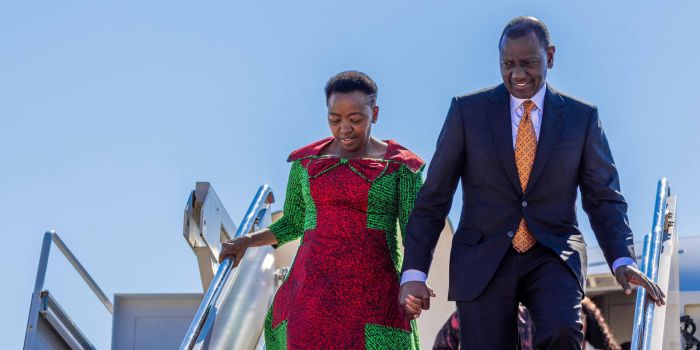
President Ruto highlighted that Kenya operates within the international multilateral arena and maintains strong relationships with numerous countries.
President William Ruto embarked on a State Visit to the United States, courtesy of her 'friends'.
The United Arab Emirates government chartered a luxurious Boeing Business Jet operated by Royal Jet, an Emirati company led by royal family member Mohammed Bin Hamad Bin Tahnoon Al Nahyan, as announced by State House Kenya on Thursday evening.
More To Read
- Northern region MPs accuse President Ruto of ignoring region in State of the Nation Address
- Government to build 50 mega dams to transform Kenya’s agriculture - Ruto
- Ruto says public demand for affordable housing has replaced doubts with excitement
- Ruto terms Hustler Fund largest financial inclusion programme since independence
- Ruto announces plans to dual key highways nationwide
- Ruto unveils Sovereign Wealth Fund to boost savings, infrastructure and stability
President Ruto highlighted that Kenya operates within the international multilateral arena and maintains strong relationships with numerous countries. Yes, Kenya has friends, and their interest is to have a secure partner state with which they can trade, invest, and collaborate," the President said on Thursday.
He explained that the cost of the jet used for his historic and US State Visit was significantly reduced, thanks to the generosity of Kenya's friends, specifically, the United Arab Emirates (UAE) Government, which he said offered the aircraft at a cost of less than Sh10 million.
"This is how nations operate, supporting and partnering with each other for mutual prosperity, and there are plenty of examples to illustrate this," Ruto stated, pointing to past and present examples of such cooperation.
The royal jet
The magnificent bird, identified by tail number A6-RJU, transported Ruto from Nairobi to Atlanta, Washington DC, and back to Nairobi via Casablanca, Morocco.
The decision to reveal the external entity that chartered the jet for the Kenyan leader comes in response to mounting pressure from Kenyans. This development has sparked controversy and raised concerns regarding accountability and transparency.
The unprecedented American trip, marking the first visit to the White House by an African president since 2008, was overshadowed by the questionable decision of the president and his team.
Despite hailing from a developing country, the administration chartered a special jet costing millions of shillings to seek development aid from the United States.
Critics argue that the denial and evasive answers, which garnered international attention, lacked credibility and sounded implausible. They assert that this has seriously tarnished the president's reputation and standing on the global stage.
The perplexing question arises regarding the logic behind the Sh10 million shilling charge, as disclosed by President Ruto during Thursday morning's National Prayer Breakfast.
“I am a very responsible steward believe you me. There is no way I can spend Sh200 million. In fact, it cost the Republic of Kenya less than Sh10 million. I am not a madman. When I was told the cheapest plane was Sh70 million, I told my office to go and book Kenya Airways... Some friends asked me how much I wanted to pay. I said I wasn’t ready to pay more than Sh10 million. They told me to bring the money and they gave me the plane,” explained Ruto.
This amount allegedly covered the cost to Kenyan taxpayers for chartering a jet that could have exceeded Sh200 million, with the remainder covered by Ruto's "friends."
Kenya's options
When the Eastleigh Voice exclusively broke this jet story, we gave Kenyans options that the flying flair may be footed by their taxes or if it was a gift from an external source, it comes with some geopolitical implications. These implications could potentially tighten on Kenya like a hangman’s noose.
Just a week before the President's trip to the UAE, Abu Dhabi allocated Sh2 billion in aid for flood victims in Kenya.
The heavy rainfall caused hundreds of deaths, displaced thousands, and damaged infrastructure, including roads, bridges, houses, medical facilities, and agricultural lands, especially in northern Nairobi.
 President William Ruto flies out to the US for a State Visit on Monday, May 20, 2024, aboard A6-RJU royal jet (Photo: X)
President William Ruto flies out to the US for a State Visit on Monday, May 20, 2024, aboard A6-RJU royal jet (Photo: X)
What are Abu Dhabi's interests in Kenya?
In November last year, a Dubai-based firm Blue Carbon signed a framework of collaboration (FOC) with Kenya's State Department of Environment and Climate Change that would concede "millions of hectares" of its territory for the production of carbon credits.
The credits would be generated supposedly from restoring and protecting the land, and the company would then sell these on to major polluters to offset their emissions.
Founded only a year ago, Blue Carbon has no experience managing carbon offset projects.
It is led by Sheikh Ahmed Dalmook Al Maktoum, whose close ties to the UAE royal family, which is heavily invested in oil and gas infrastructure, have raised concerns that the firm's deals could be used to offset the Emirates' emissions.
What followed is the illegal eviction of hunter-gatherers from their ancestral lands to profit from carbon offsetting schemes, according to human rights lawyers.
Hundreds of members of the Ogiek community were evicted from the Mau Forest.
Top Stories Today

